22 May 2025
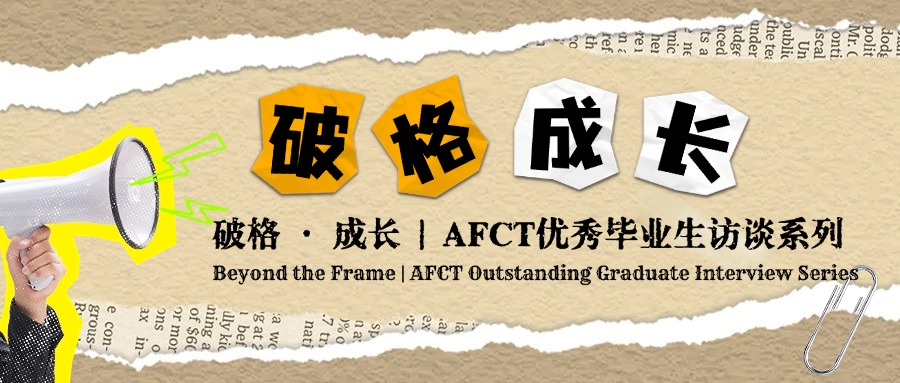
In this era of light, motion, and imagination, graduates from the Academy of Film and Creative Technology at Xi’an Jiaotong-Liverpool University are stepping boldly onto the global stage.
With creativity and determination, they have secured offers from some of the world’s leading art and media institutions— including University of Cambridge, Columbia University, University of Cambridge, the American Film Institute, Chapman University, Loyola Marymount University, University of the Arts London, Glasgow School of Art, School of Visual Arts, Goldsmiths, Teesside University, the London School of Economics and Political Science, University College London, University of Edinburgh and the University of Manchester, and more—spanning fields such as film production, animation, game design, communication and cultural studies, interaction design, and computer arts.
In the Beyond the Frame interview series, we feature outstanding students from our four key programmes: Digital Media Arts, Filmmaking, TV Production, and Arts, Technology and Entertainment.
How did they find their paths, shape their portfolios, and win global recognition? The stories of their growth and choice are waiting to be discovered.
1. Yafei Li
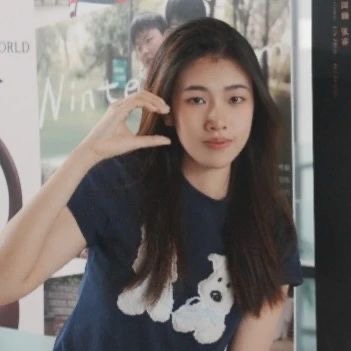
Name: Yafei Li
Programme: Filmmaking
Received offers:
American Film Institute Conservatory
--Editing
Chapman University
--Film Production with Editing Emphasis (40,000 Dollar scholarship)
Loyola Marymount University
--Film and TV Production
Q&A:
- What inspired you to choose this programme in the first place?
-
I chose Filmmaking due to my enduring passion for media. After thoroughly researching XJTLU's programmes, I determined that hands-on practice was the optimal entry point into the film industry, making Filmmaking the perfect choice. - In your view, what stands out the most about your programme? Any favourite modules or lecturers?
-
The programme's defining feature is its practice-oriented pedagogy, where all coursework culminates in collaborative film production. The FTA209 Art of Post-production course proved pivotal in shaping my career trajectory. Through editing studies, I not only discovered my passion for filmmaking but also developed professional confidence through immersive engagement with visual materials. - Could you share some tips or reflections on your postgraduate application journey?
-
Success in postgraduate applications begins with clear career positioning—whether to deepen current specialization or branch into related fields. To enhance application effectiveness, proactively utilize multiple channels: regularly check university websites, engage in professional forums, and establish information-sharing networks with peers. - What are your academic or career plans for the future?
-
After careful consideration, I will pursue the Editing program at the American Film Institute Conservatory. I aspire to refine my professional competencies through collaborations with outstanding filmmakers at world-leading cinema institutions. - Sum up your four years at XJTLU in three key words – and don’t forget to share a piece of advice for your juniors!
-
Growth, Confidence, Happiness. Cherish XJTLU's unique educational experience. Maintain academic rigor while embracing exploratory learning, gradually developing self-awareness, and clear developmental pathways.
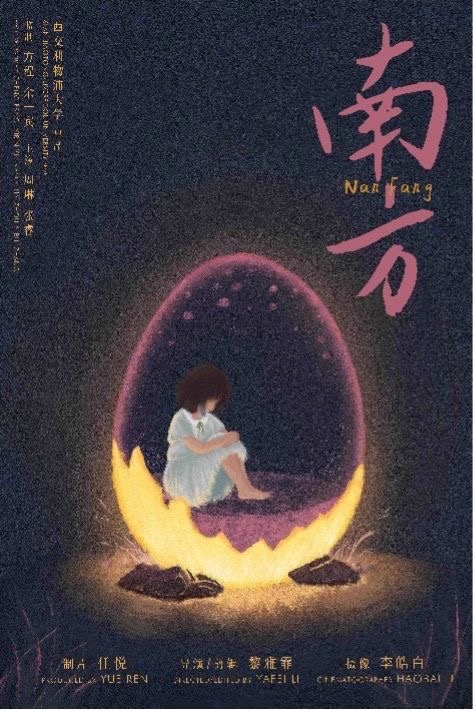
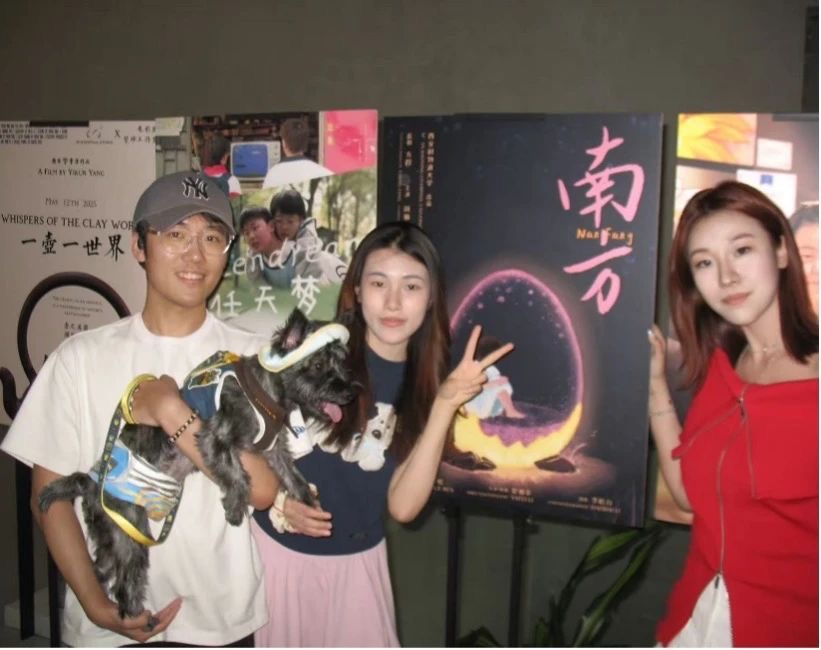
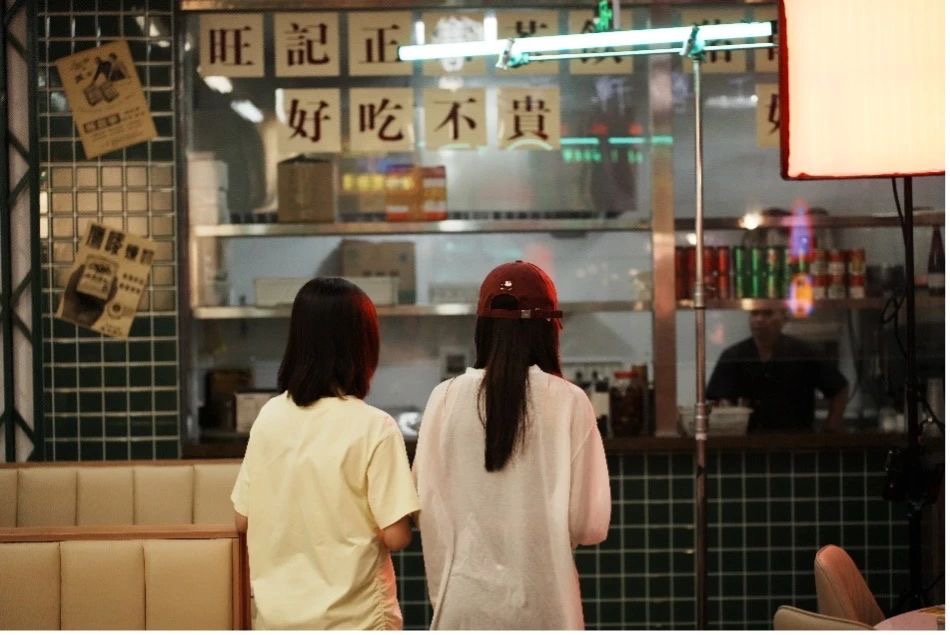
2. Yiming Liu
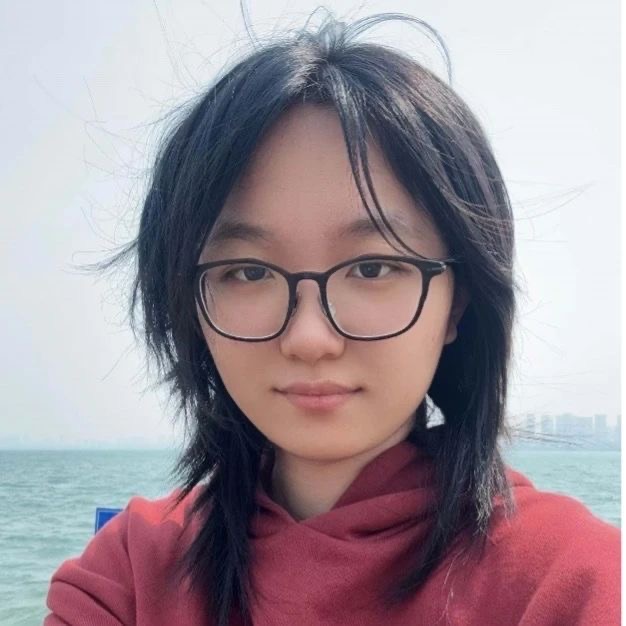
Programme: Digital Media Arts
Received offers:
The Glasgow School of Art
--Master of Design (MDes) in Communication Design
The University of Leeds
--MA Design
Q&A:
- What inspired you to choose this programme in the first place?
-
The main reason I chose this programme is because I love it. I love creating and designing art, and I love being able to convey my feelings through art! - In your view, what stands out the most about your programme? Any favourite modules or lecturers?
-
The most outstanding feature of Digital Media Arts is that it is a broad and trendy programme that teaches us the skills that we need to be able to use in society. The teachers in the programme are very professional and responsible. My favourite course is FTA 122 Motion Graphics taught by Ms. Echo, and it is very interesting for me to learn how to make animation with AE. - Could you share some tips or reflections on your postgraduate application journey?
-
The most profound experience I gained from applying for graduate school is that I have to take care of the application materials and process by myself. Agents can only help with the application process, but more often than not, you need to follow up on your application through the school's website in real time. - What are your academic or career plans for the future?
-
I hope to hone my professional skills and aesthetic abilities more during my two-year master's degree and find my place in the visual communication industry. - Sum up your four years at XJTLU in three key words – and don’t forget to share a piece of advice for your juniors!
-
Fulfillment, struggle and creation. It is recommended that the students find their own goals as early as possible, and arrange their own learning rhythm and plan, so as not to be too blind and panic in the third and fourth year of university. We hope that you will have a full and happy university life.
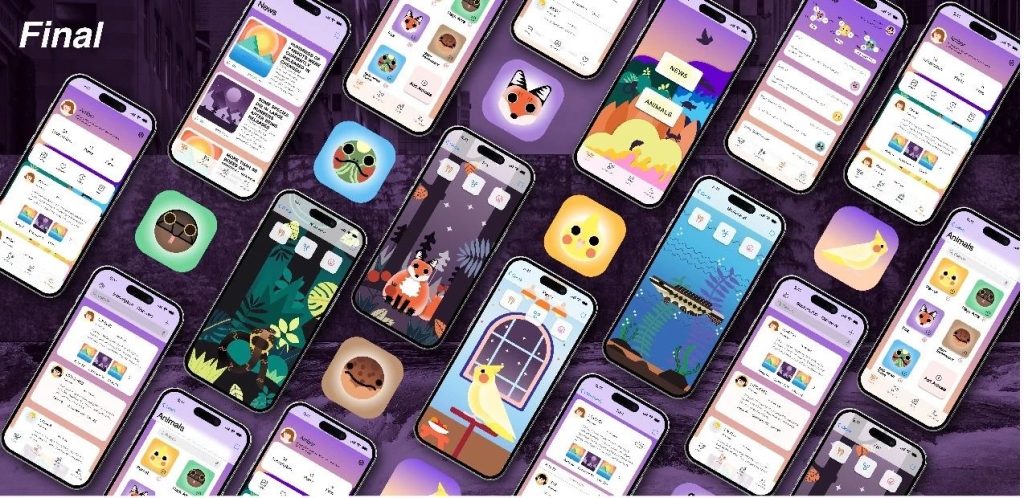
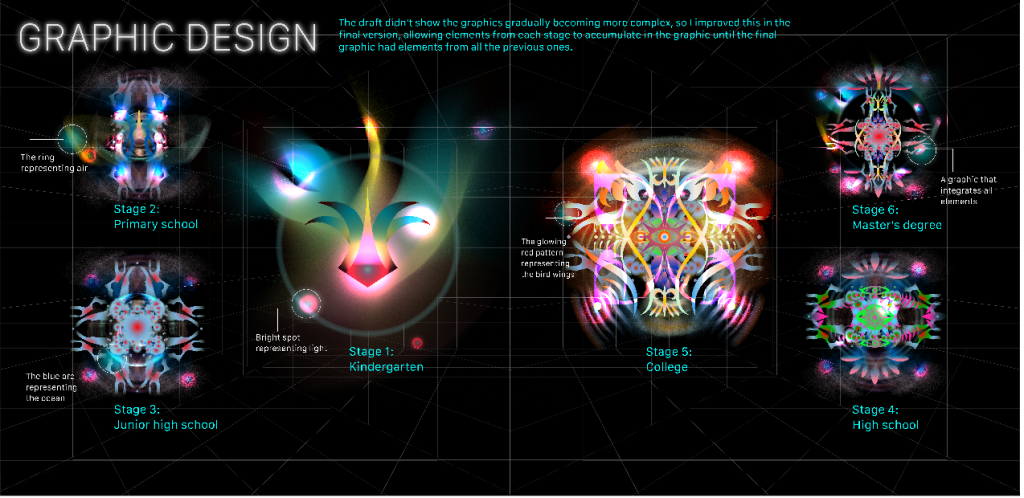
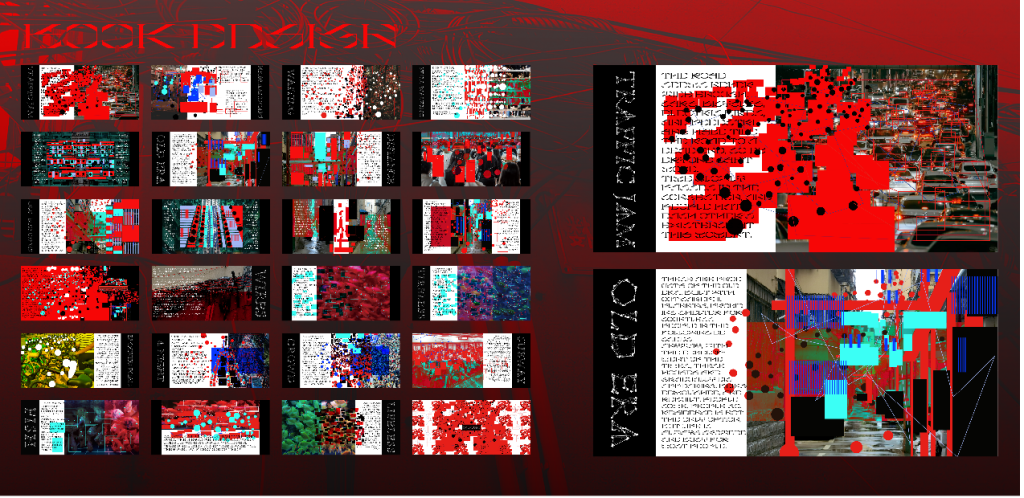
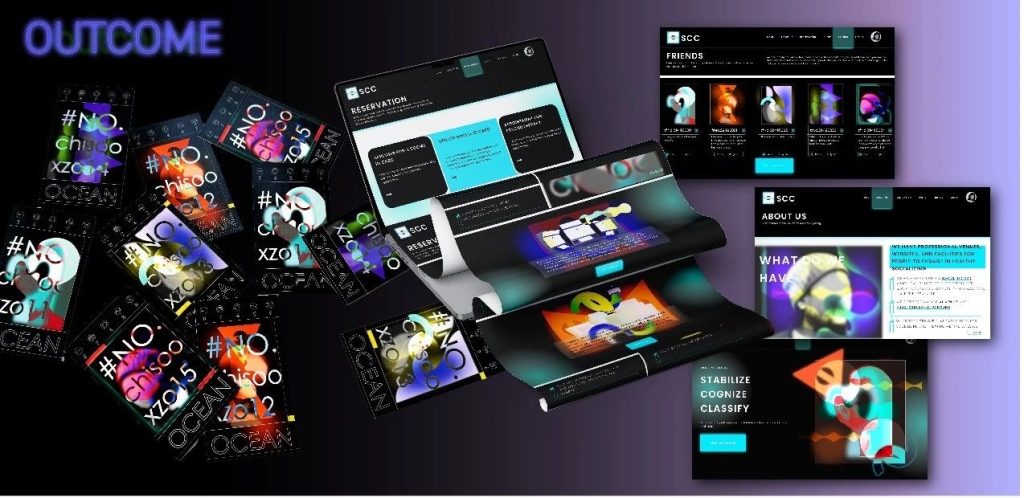
3.Anxin Fu
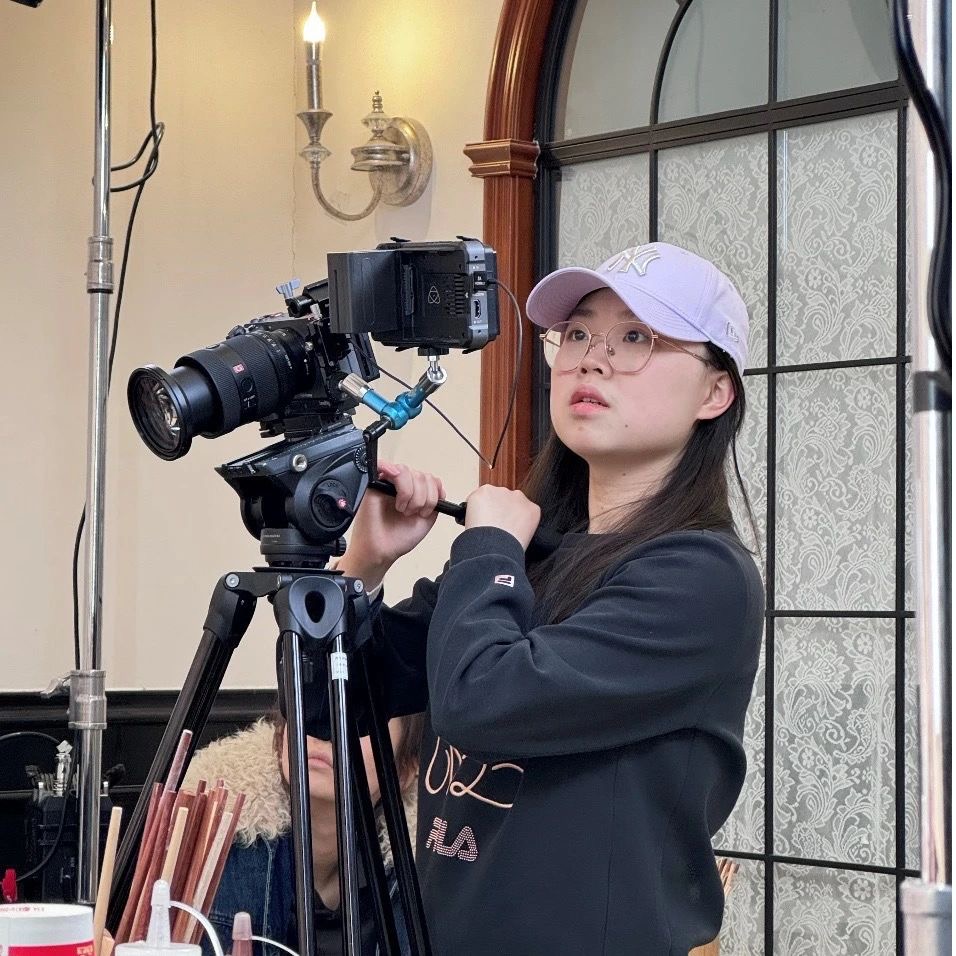
Programme: TV Production
Received offers:
King’s College London (KCL)
-- Cultural & Creative Industries
King’s College London (KCL)
-- Arts and Cultural Management
University of Warwick
-- Creative and Media Enterprises
Q&A:
- What inspired you to choose this programme in the first place?
-
I have been working in the campus TV station since I entered high school, and I had the idea of taking the art exam on the eve of the university entrance exam, but finally I entered XJTLU with the general entrance exam for some reasons. I found out that XJTLU has a TV Production programme, and its curriculum can help me realize my dream of film and television production, and turn my inspiration into reality through systematic study. - In your view, what stands out the most about your programme? Any favourite modules or lecturers?
-
I think TV Production is a very comprehensive subject. In the course of four years' study, we can systematically master the production methods of various program formats, including reality TV, game shows, small TV variety shows, documentaries, short dramas and other subjects, and master the skills of pre-production, scriptwriting, filming techniques, post-production, sound design and other aspects. In addition, TV Production also offers a variety of theoretical courses related to the media and creative industries. With the rapid development of technology and film production methods in recent years, TVP's curriculum has also made some changes to keep pace with the industry's cutting-edge to ensure that students master the latest production concepts and technical means. Overall, TV Production's curriculum allows students to find their own interests and specialties. Mr Yijun Guo has been a great help to me during my four years of study. Mr. Guo taught us FTA205 Studio Practice for a whole year in my junior year, and through two semesters of systematic study, I was able to master the knowledge about the whole process of studio production. This highly practical course requires more than 20 students to work closely together to complete the production of a reality TV program at a professional level, which puts strict technical requirements on all positions. Under Mr. Guo's careful guidance, we presented better and better work in the rehearsals and finally exceeded the expectations to complete the production of the program. In addition, Mr Guo was also responsible for the guidance of our senior Major Project, and patiently gave us a lot of useful advice in the weekly tutorials to help us optimize our work step by step, which benefited me a lot. - Could you share some tips or reflections on your postgraduate application journey?
-
When I was applying for graduate school, I decided that I wanted to study culture and creative industries. I think the most important thing in the process of applying for graduate school is to know “what I really want” or “what I want to do in the future”, and then decide whether to continue to learn the practical experience of creative work, to do theoretical research, or to choose a programme that connects with other fields across disciplines. Only after you have clarified your goals will you be able to make a decision that you will not regret. - What are your academic or career plans for the future?
-
My future plans are to study at KCL to learn about the cultural and creative industries. I hope to build on my creative skills and knowledge, learn the rules of how the cultural and creative industries work, understand cutting-edge messages and address industry pain points, and broaden my knowledge. - Sum up your four years at XJTLU in three key words – and don’t forget to share a piece of advice for your juniors!
-
Fearlessness Exploration Independence Don't be afraid of trial and error, and don't get tired of imperfection! One day you will show everyone how beautiful the world looks through the viewfinder!
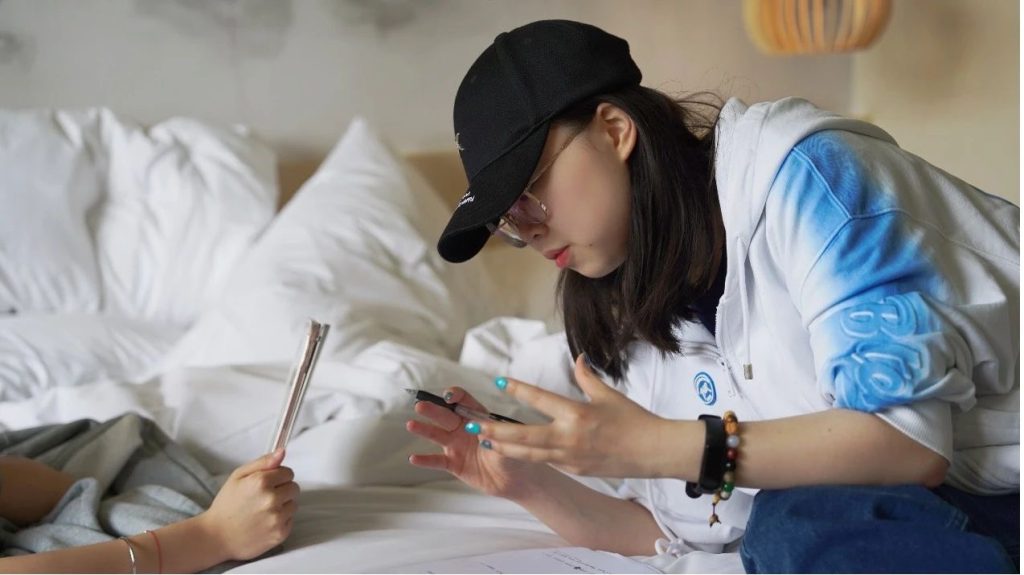
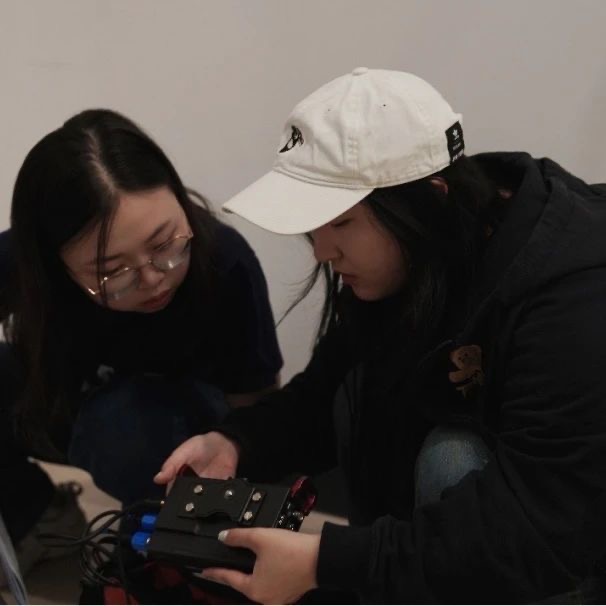
4.Yuting Wu
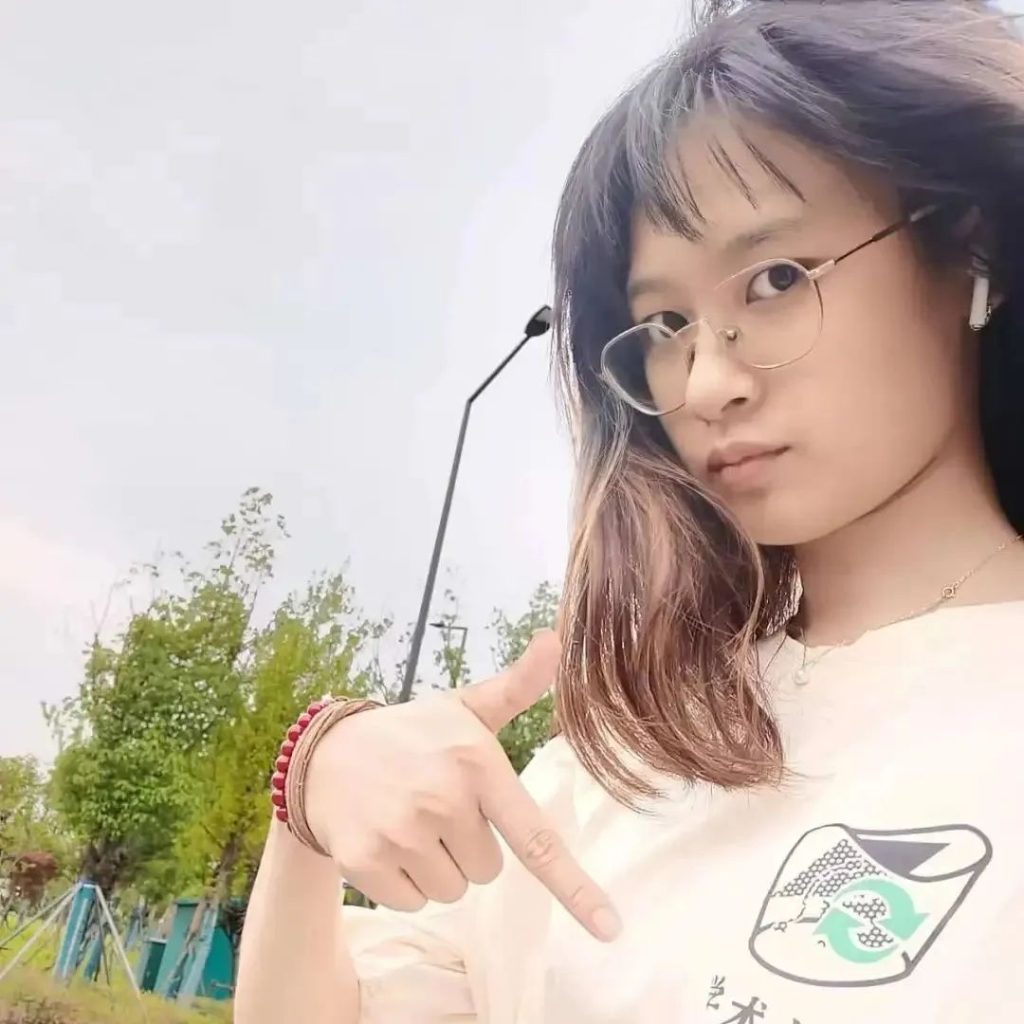
Programme: Arts, Technology and Entertainment with Contemporary Entrepreneurialism
Received offers:
UCL
-- Digital Media: Education
LSE
-- Media, Communication and Development
University of Manchester
-- Digital Technologies, Communication and Education
University of Sydney
-- Interaction Design and Electronic Arts
Q&A:
- What inspired you to choose this programme in the first place?
-
I am more interested in the arts field, especially topics that combine art and technology. I originally wanted to study in the Digital Media Arts programme during my first year, but I wasn't quite sure what to learn in that programme. Later, I learned about the ATE programme and found that it didn't require much of a threshold and was more open and inclusive to first-year students' backgrounds. More importantly, the ATE programme had a game design course that I was interested in, so that's where I came in. - In your view, what stands out the most about your programme? Any favourite modules or lecturers?
-
I think the most outstanding feature is the breadth of the curriculum. After three years of interdisciplinary study, I've learned a little bit about every aspect. For example, in my sophomore year I studied Installation Art, Narrative Art and Graphic Design, and in my junior year I studied Interaction Design and Game Design. This diversified curriculum allows students to accurately identify their specialties and interests, and allows them to find the career direction they want to pursue in the future. First of all, Dr Myria, I took her CAT112TC Design Concept Generation class, which focused on graphic design. What impressed me about this class is that even though I don't have good art skills, I didn't feel too much pressure during the learning process, and Dr Myria was very helpful in giving timely and positive feedback and making valuable changes to my coursework. Before taking this class, I was always worried that my understanding of the aesthetics of art would be different from others. What I thought was great might be mediocre in the eyes of the teacher, but Myria allayed my fears that as long as we put in the effort in her class, we would be able to achieve the corresponding gains. In addition, there are three other courses on game design, CAT204TC Game Development Fundamentals, CAT207TC Lmmersion and Virtual Worids, and CAT209TC Image Design, Creation, Manipulation and World Building. As I've mentioned before, I was interested in the gaming courses in the ATE, and in these three courses, my group members and I created 3D breakout games, VR immersive experiences, and 3D third-person shooters, respectively. Although I encountered a lot of difficulties in the process of project production and stayed up many nights, the sense of accomplishment in my heart was incomparable when I saw the game I designed built up gradually. - Could you share some tips or reflections on your postgraduate application journey?
-
I got help from an agency to apply to graduate school, and without preparing a portfolio, I would recommend starting the summer of your junior year of college to get ready to apply to graduate school. First of all, you need to think about what direction you want to study in the future, for example, I am inclined to continue to study digital media related knowledge, then you need to find out which universities have which programmes that match your direction, and make a list of them.
Next, you need to visit the official website of the university, and check what are the required materials for the application of these programmes. For example, transcripts and language scores are definitely required. Most schools will also require the following documents: Personal Statement, CV, Recommendation Letter. certainly, it should be noted that some universities will require additional materials such as writing samples or portfolios. During the application and follow-up phases, it is crucial to check your e-mail (including your spam folder) every day to make sure you don't miss any important information and to keep it updated. After receiving an offer of admission, tasks such as paying the deposit, preparing the necessary visa documents and arranging accommodation (e.g. renting a room) need to be taken care of. - What are your academic or career plans for the future?
-
In the future, I plan to do my postgraduate studies in Digital Media: Education (DME) at UCL. I applied for this programme because I was attracted to UCL's curriculum, which includes not only education courses, but also animation and game production, which matches the skills I learned in the ATE. I had always heard that DME was a difficult programme to apply to, with an acceptance rate of only about 10%, so I had been a little worried about being rejected when applying, but luckily the three years of study in ATE have given me a huge boost in my abilities and background. For example, last summer, my group members and I did a VR project and participated in an exhibition under the guidance of Prof. Giovanni, which was a great addition to my CV. I suspect this is why I stood out from the crowd of applicants. - Sum up your four years at XJTLU in three key words – and don’t forget to share a piece of advice for your juniors!
-
Research-based learning. At XJTLU, and especially in the ATE, we cannot stop at the knowledge granted in the classroom; self-exploration after class is especially important. I believe that many of the courses in the ATE provide inspiration and guidance to students, and that to make your coursework more innovative and technological, it is important to learn and explore a skill on a consistent and purposeful basis. Trial and Error. The diversity of the programme allows me to find points of interest as well as points of “disinterest”. For example, before I took the gaming class, I always thought that I liked all kinds of games. However, after systematically learning VR game development, I realized that I might not be too enthusiastic about VR, and therefore I would not be inclined to choose a job related to VR in the future. It's also important to find out what doesn't interest you, especially at the school level, which greatly reduces the cost of trial and error. Collaboration. Many of the coursework assignments in my programme require group work, which is a great way to build on students' collaboration and leadership skills. I'm glad that I've made several good friends in my programme, they have a positive attitude towards learning, they work seriously and carefully, and every time we work together in a group, it's an enjoyable experience. Learn more about what you want to study in your preferred programme, either by seeking detailed counseling from your seniors or writing emails to your teachers to ask questions and plan for the future in advance. Certainly, the most important thing is to have fun!
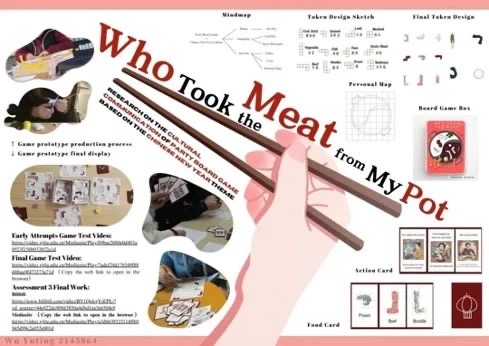
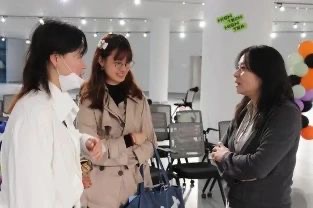

Our heartfelt thanks go to all the students who generously shared their journeys in this feature. Your honesty, courage and creativity are truly inspiring—and will surely light the way for many more to come.
As you move forward from XJTLU to the world, may your talents and passions continue to flourish.
Here's to bold dreams, new chapters, and ever-growing brilliance—beyond the frame.
Contributed by Yuqi Liu
Edited by Wenzhen Li
22 May 2025








